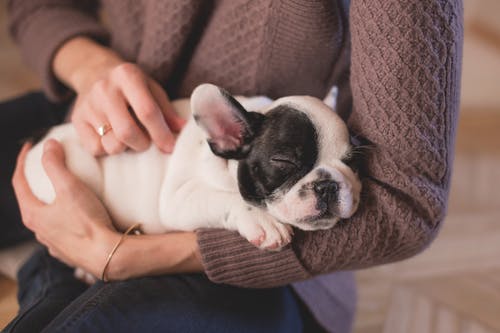It’s a fantastic experience when your family welcomes a new furry member. Dog owners everywhere face a problem when they bring home a new puppy. This terror is understood as “parvo,” It may quickly turn a healthy, cheerful puppy ill.
Ways to Safeguard Your Pet From Parvovirus
Puppies and young dogs are especially at risk of the highly infectious virus known as parvo, which causes a contagious gastrointestinal condition in canines. The high contagiousness and simplicity with which parvo spreads within a dog population make it so concerning. Thus, dog owners must understand how to safeguard their pets from lethal ailments.
Vaccinate Your Puppy
Parvovirus can be stopped by vaccinating your dog, according to research. Six to eight-week-old puppies must receive their first canine parvo vaccine, followed by boosters every three weeks until sixteen weeks old. One year later, they need to be given another booster shot. Following that point, a booster is recommended every three years for your dog.
Your dog should be free of parvovirus infection for as long as they live after the first series of three booster shots. After that, routine boosters are necessary to maintain your dog’s immunity. Nonetheless, obtaining dog parvo far outweigh the possibility of over-vaccinating canines. Seeing a veterinarian will assist you in keeping track of these vaccinations and their due dates. If you are looking for vaccination for your dog, you can hit the net and look for “dog vaccination near me” to find one in your area.
Disinfect Your House
Dishware, toys, and the hard floor covering that do not discolor can be cleaned with light bleach to eliminate the virus. Bedding, linens, clothing, and other contaminated textiles should be cleaned using a bleach-based solution and dried using high heat. Watering your yard and washing down patios and pathways will help reduce the amount of virus on your property.
Since the virus prospers in wet, dark regions, it is best to keep your dog away from areas of your yard that aren’t exposed to much sunlight. Keeping your home disinfected will also protect your other dogs, particularly the elderly. It is vital to remember that elderly dogs can become infected with parvovirus. You must bring your elderly pet to a vet from this geriatric veterinary clinic that focuses on geriatric care to ensure their wellness as they age.
Deworm Your Dog
Puppies who have not been vaccinated are more at risk of parvo. When it concerns dog parvovirus, pups between six weeks and four months are most prone. The immune system of a puppy can be decreased if it has any intestinal worms. A dog’s immune system is weaker when contaminated with worms, which increases the dog’s chance of developing parvo.
The prevention of intestinal parasites benefits your dog’s health, decreasing the risk of having canine parvovirus. You can stay clear of worms in your dog by having a regular monthly dog and cat internal medicine in which intestinal dewormer is constantly included. Heartworm medication has to be recommended by an internal medicine veterinarian monthly. This is the most straightforward approach to keeping worms from contaminating your dog.
Bottom Line
You don’t want your dog to encounter the canine parvovirus, so the most exceptional protection is immunization. Call an emergency veterinarian facility or your pet’s primary care vet as soon as parvo symptoms appear. Do anything you can because the end of your dog’s life is merely a matter of time, and you shouldn’t take any chances.




